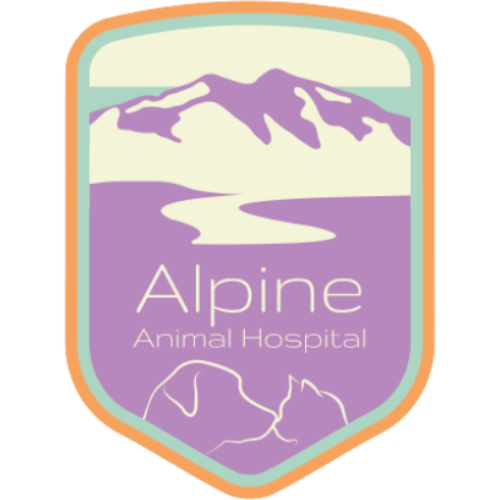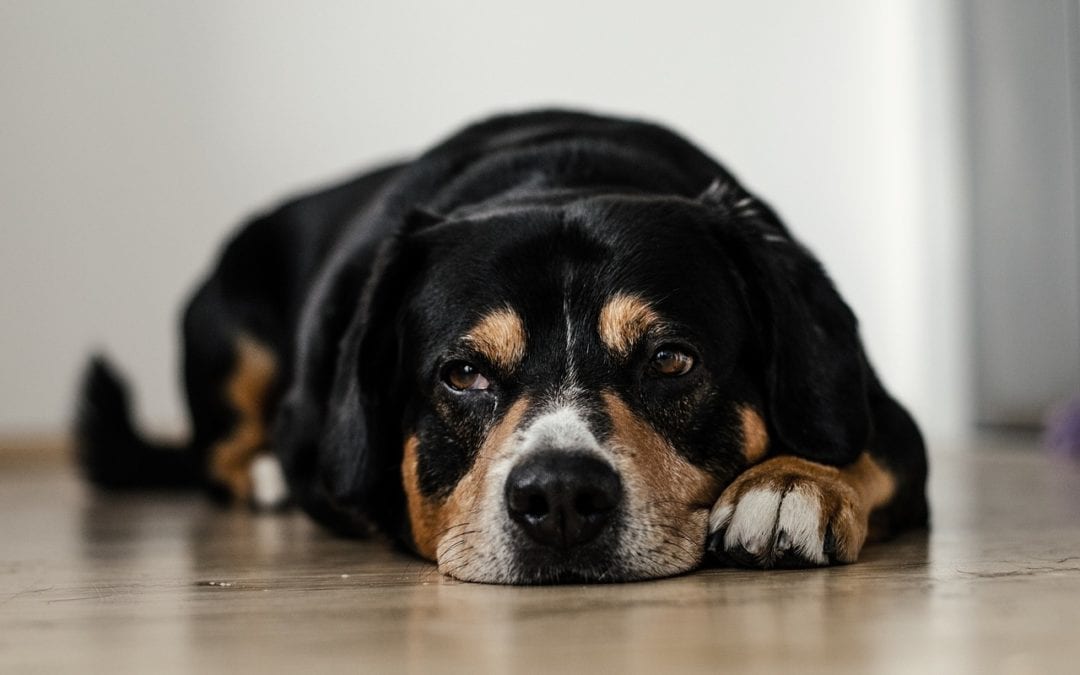By Meggie Garvey, DVM
Coughing dogs seem to be all around us this season! Dogs can acquire infectious respiratory disease when they are in close quarters with other dogs, such as when they go to the dog park or groomer, or are boarded at a Kennel. Respiratory disease in dogs has many causes. It can consist of a mild “tracheobronchitis”, inflammation of the trachea and airways, or a more serious pneumonia.
Respiratory disease is often referred to as “kennel cough”. This syndrome can be caused by many different infectious agents, including viruses (parainfluenza virus, adenovirus, canine influenza virus) and bacteria (Bordetella, Mycoplasma). Canine influenza virus is a newer disease affecting dogs in the United States. There are 2 strains. The older strain H3N8 jumped from horses to dogs on the East coast in 2004. The newer strain, H3N2, was first seen in 2015 and likely entered the United States from Asia. Clinical signs of the mild form of Kennel Cough typically include coughing and nasal discharge but the dog remains bright and eating well. In the more severe form, dogs can have a fever, decreased appetite, lethargy, and even experience trouble breathing.
The mild form of disease is often self-limiting, meaning it will get better on its own. Treatment consists of isolating your dog, restricting exercise and using a cough suppressant to make him or her more comfortable. The severe form requires more aggressive treatment depending on how sick your pet is. They may need to be hospitalized for IV fluids to maintain hydration, antibiotic therapy, and other supportive care.
There are vaccines for some of the causes of Kennel Cough. Parainfluenza virus and adenovirus are included in the canine distemper vaccine. Bordetella vaccines come in oral, intranasal, and injectable formulations. There are 2 canine influenza vaccines – one for the older H3N8 strain, and very new vaccine for the more recent H3N2 strain. These vaccines do not necessarily prevent your dog from getting infected with these viruses and bacteria, but help to decrease severity of disease and viral shedding.
If your dog develops symptoms of respiratory disease, especially after having contact with other dogs, please give us a call at Alpine Animal Hospital 963.2371. If you have any questions about symptoms, you could comment here and we will respond.

